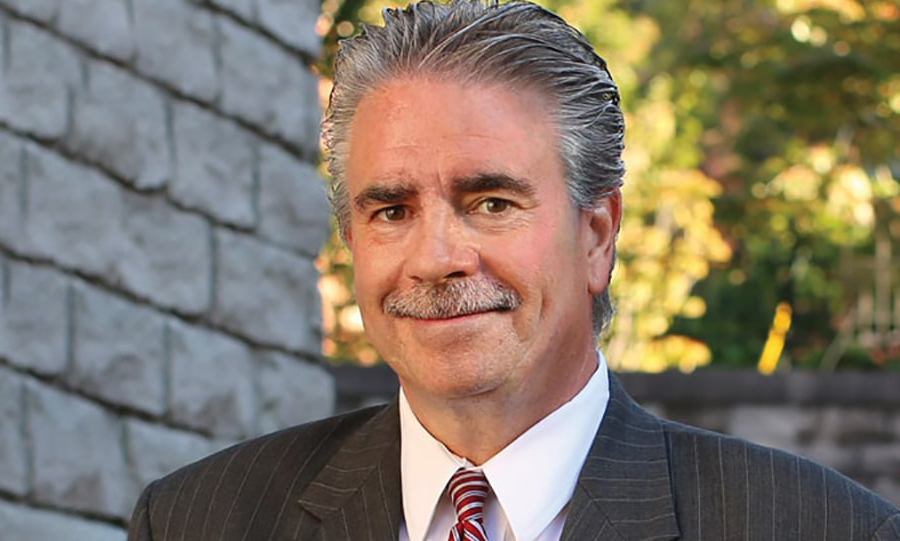Last month, the U.S. Supreme Court issued a unanimous decision finding that time spent by hourly, non-exempt employees in security lines on their way out of work was not compensable. The decision in this case, Integrity Staffing Solutions, Inc. v. Busk, falls in line with previous Supreme Court decisions concerning compensable time under the Fair Labor Standards Act (“FLSA”) and is similar to a previous decision passed down earlier in 2014 where the court unanimously decided that employers did not need to compensate workers for the time they spend donning and doffing their protective gear. The decision also provides a clear directive for employers on security screenings, which have become more common.
This case was filed by two former employees of Integrity Staffing Solutions who worked in an Amazon.com warehouse filling orders. At they end of each day, all workers were required to pass through a security clearance checkpoint where they had to remove their keys, wallets, and belts, pass through a metal detector, and submit to being searched. The whole process could take up to 25 minutes. Similarly, up to ten minutes of the workers’ 30 minute lunch period was consumed by security clearance and transition time. They alleged that they should be compensated for this time.
The unanimous decision of the court held that time spent undergoing security clearances is not compensable under the FLSA as amended by the Port-to-Portal Act. Ultimately, the decision ruled that the security checks were not mandatory and integral to the job of filling orders in the warehouse. Under the FLSA, employers generally need not compensate employees for “preliminary” (pre-shift) and “post-liminary” (post-shift) activities, unless the activities are “integral and indispensable” to an employee’s principal activities. To be “integral and indispensable,” an activity must be (1) “necessary to the principal work performed” and (2) “done for the benefit of the employer.” The FLSA distinguishes between activities that are essentially part of the ingress and egress process and those that constitute the actual “work of consequence performed for an employer.” Activities that have been considered “work of consequence” in the past include a machine operator cleaning his or her machine at the beginning of the work day or a butcher sharpening knives and other tools before beginning his work.
This case has several implications for employers. In a narrow sense, it clarifies that employers do not need to compensate employees for time spent in security checks. This is especially relevant for private employers who operate plants and offices with security concerns. More broadly, the decision could further limit the scope of what constitutes “integral and indispensable” activities. A more limited view of an employee’s principal activities will give employers certainty concerning whether they need to compensate employees for various pre- and post-shift activity.
Katie Cassidy Tranter is an attorney in the law firm of Dressman Benzinger LaVelle, with offices in Cincinnati, Ohio, Crestview Hills, Kentucky, and Louisville, Kentucky.




